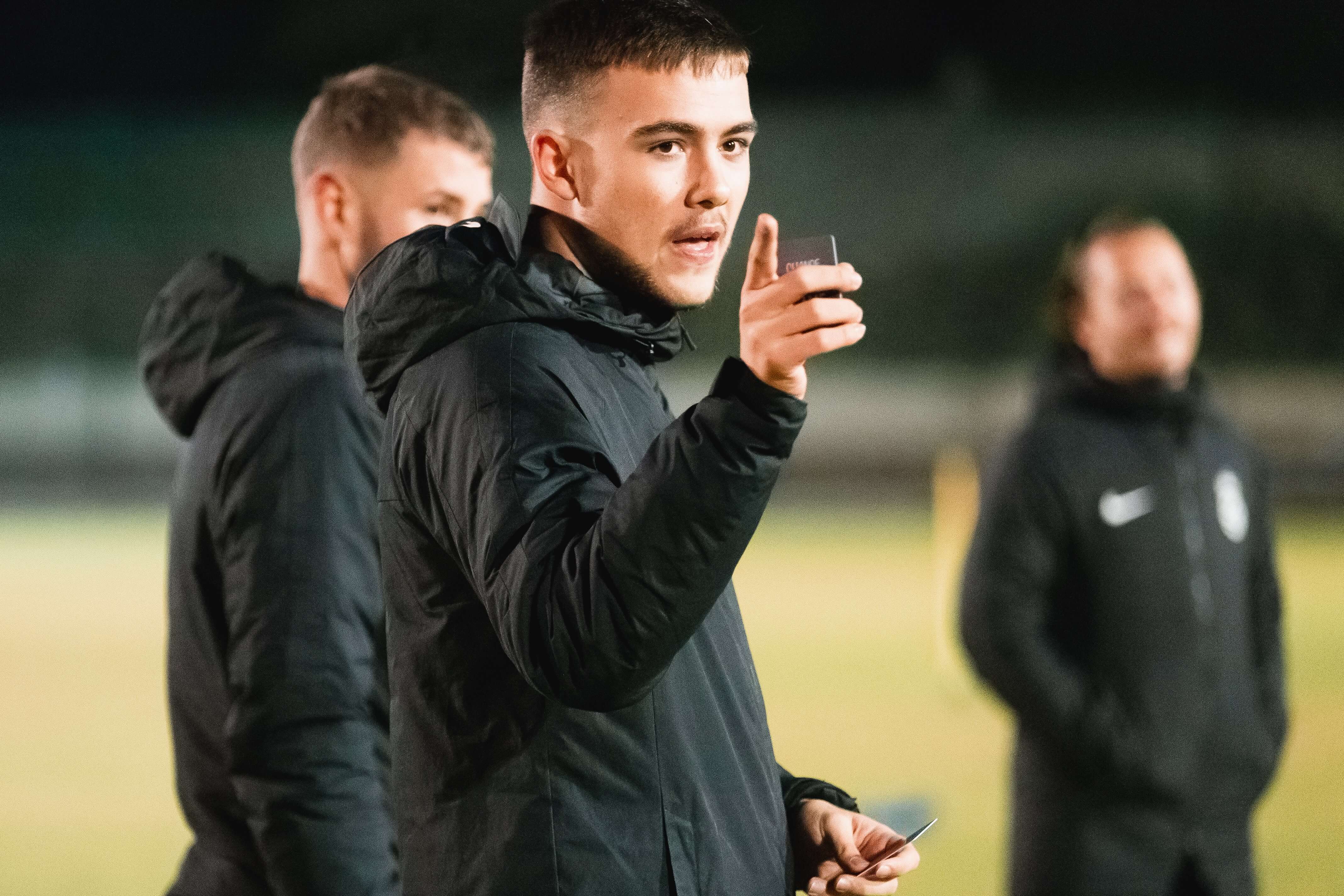Bloomsbury Football Foundation uses the power of football to improve the lives of young people in London. They inspire every young person to accomplish their aims, whether it's kicking a ball for the first time, or signing for a Premier League club.
The Coaching Lab has been supporting Bloomsbury and their coaches with MatchPlay Cards as the central London-based football charity has kick-started their weekly internal boys and girls league. Using MatchPlay Cards throughout the games program to promote in-game decision-makers and transfer responsibility.
Selecting team and player challenges to turn in-house tournaments into fun and challenging games for their players as an alternative to the standard small-sided games format, coaches have been putting players in scenarios where they need to "find their own solutions, developing their problem-solving skills" said explained Coach Max.

Developed to support coaches coach through games in environments that look and feel like the game, MatchPlay Cards are used across the sporting landscape in 33 countries across the world helping coaches #ChangeTheGame.
"The best football experience for young players in central London" - Head of Education at Manchester United, Ian Smithson.
Using individual in-game challenges to stretch and support players allows coaches to work with individuals in the team, connecting players with their individual development plans or setting challenges representative of their sporting heroes. What challenges will you be using?
Sharing a joint coaching philosophy that the game sits central to a player's development, Bloomsbury Football delivers 70,320 hours of football to children over the course of a year. MatchPlay Cards allow coaches to add extra excitement and create "games within a game" for players to problem-solve their way through.

"They allow the team to find their own solutions, developing their problem solving which is an essential component of the game" - Coach Max Llanwarne
Coaches at Bloomsbury Foundation are using MatchPlay Cards as a learning tool to support the transfer of learning from training to the game, players are able to adapt to the problems presented to them based on the recognition of the similarities from previous experiences in the training environment. Though training games make look different with team, player and environment changes, the principles of the game sit at the centre.




Share:
3 ways to develop your players communication
Make your game days player-lead